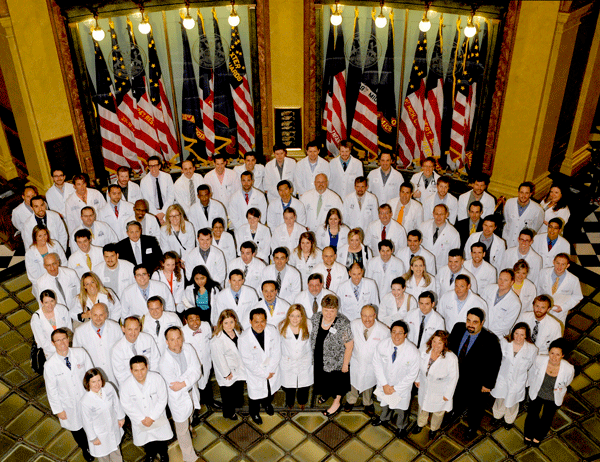Imagine a world where patients in need of emergent treatment were turned away because of their race, religious beliefs, or ability to pay. Believe it or not, “patient dumping” used to be a common practice, whereby poor, often critically ill patients were shifted from private to public hospitals, many times to the patient's detriment. Thanks to the Emergency Medical Treatment and Active Labor Act (EMTALA), this is no longer a widespread reality. EMTALA requires all hospitals that accept Medicare to provide screening and treatment for emergency medical conditions, regardless of insurance status. And emergency medicine physicians are happy to do this. As the safety net of our health care system, we provide more uncompensated care than any other medical specialty.
EMTALA does not apply only to emergency physicians, however; it pertains to on-call physicians of every specialty. If a hospital provides a service to the public, that service is also expected to be provided through on-call coverage of the emergency department. Unfortunately, in many communities there are some specialists unwilling to take call, which necessitates patients being transferred to distant hospitals. This practice not only delays the onset of treatment, it can create a distressing inconvenience for families unable to travel with their loved ones.
It is not that specialists in these communities lack the compassion or competency to treat these patients; it is that often they fear being liable for the outcomes of this already high-risk patient population. This self-protectiveness may make them hesitant to provide care. Even when standards of care are followed, these patients are prone to bad outcomes completely unrelated to the skillfulness of the physician. It's also important to keep in mind that, unlike patients seen in the clinic, many patients referred from the emergency department come with no past medical history, further complicating informed medical decision-making.
I've always believed that physicians have a duty to be involved in the policymaking process. If we don't have a seat at the table, others will make decisions for us – and not always for the betterment of our patients. I am proud to have stood shoulder-to-shoulder with nearly 100 student, resident, and attending-physician members of the Michigan College of Emergency Physicians at the Michigan State Capitol in September to advocate for the adoption of a gross-negligence standard for all EMTALA-related care.
Reducing the disincentive for specialists to take call will increase patient access to quality emergency care. Additionally, by creating a more favorable practice environment, specialists will have more motivation to provide local services where they are needed most.



